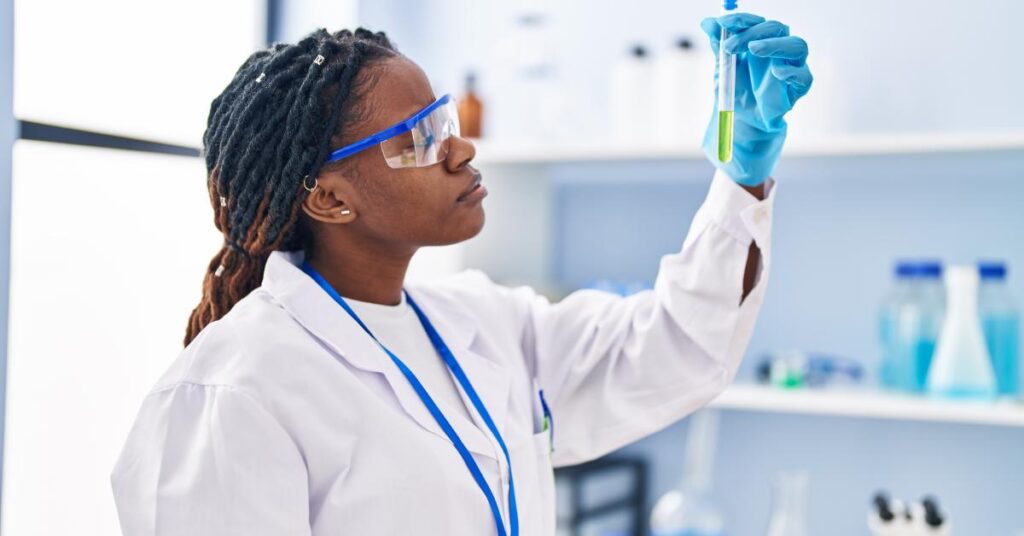The Gender Disparity in Research: A Global Overview
According to the UNESCO Science Report 2021, women comprise merely 33% of the global research workforce. In Sub-Saharan Africa, this percentage is even smaller, with only 32% of researchers being women, as highlighted in the UNESCO Call to Action to Close the Gender Gap in Science. Such disparities, whether stemming from geographic or gender-specific factors, are often attributed to inadequate funding for scientific research. For example, in 2015, Africa accounted for just 1.01% of global spending on research, and this figure rose only slightly to 3.5% of the global expenditure on publications in 2018.
Impact on Women in Science
These gaps significantly hinder scientific inquiry and limit equitable access for women and girls aspiring to pursue careers in science. The underrepresentation of women not only restricts their opportunities but also affects the overall advancement of knowledge and innovation across the continent.
A Pioneering Initiative for Young African Women Scientists
In light of these challenges, UNESCO, in collaboration with the Republic of Equatorial Guinea, is excited to unveil a new fellowship program solely aimed at nurturing young African women scientists. This groundbreaking initiative seeks to address the persistent inequalities present in the scientific community and create pathways for aspiring female scientists in various fields of life sciences.
The Young African Women Scientists Programme
Launched in 2024 by UNESCO’s Executive Board and generously funded by the Republic of Equatorial Guinea, the Young African Women Scientists Programme aims to support and uplift two remarkable young African women in the life sciences each year. This initiative not only highlights the importance of women’s roles in science but is also vital for the technological advancement of their respective countries.
Empowering Future Female Scientists
Each year, participants will receive grants totaling $50,000, with individual awards of $25,000 designed to advance their research endeavors and cultivate promising scientific careers. This program is a significant step towards leveling the playing field and encouraging greater female participation in scientific research across Africa.


